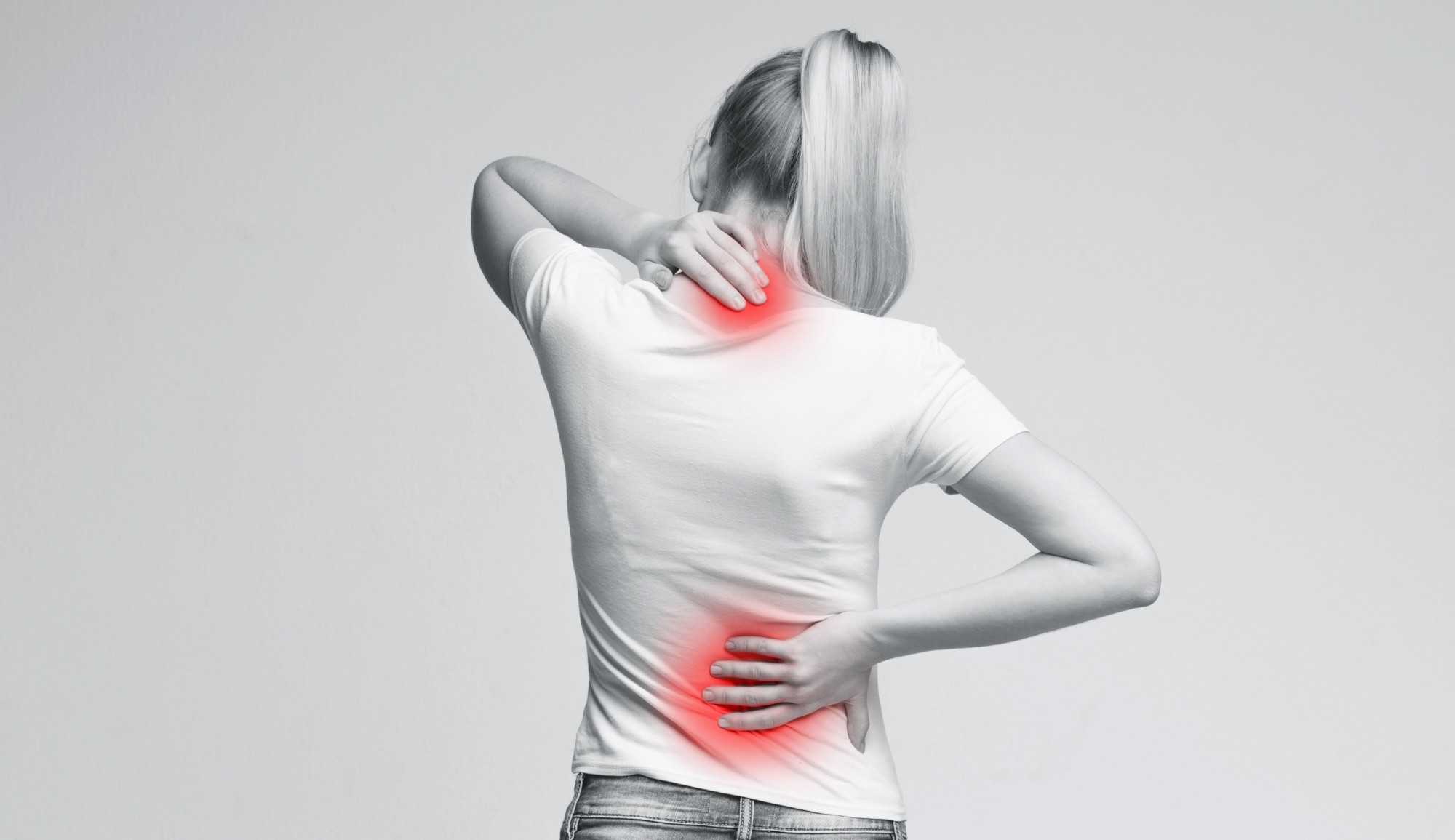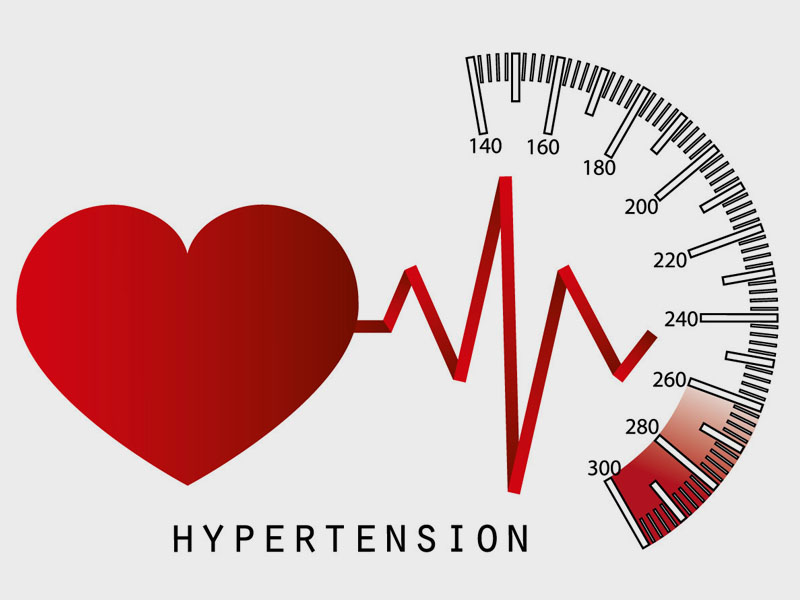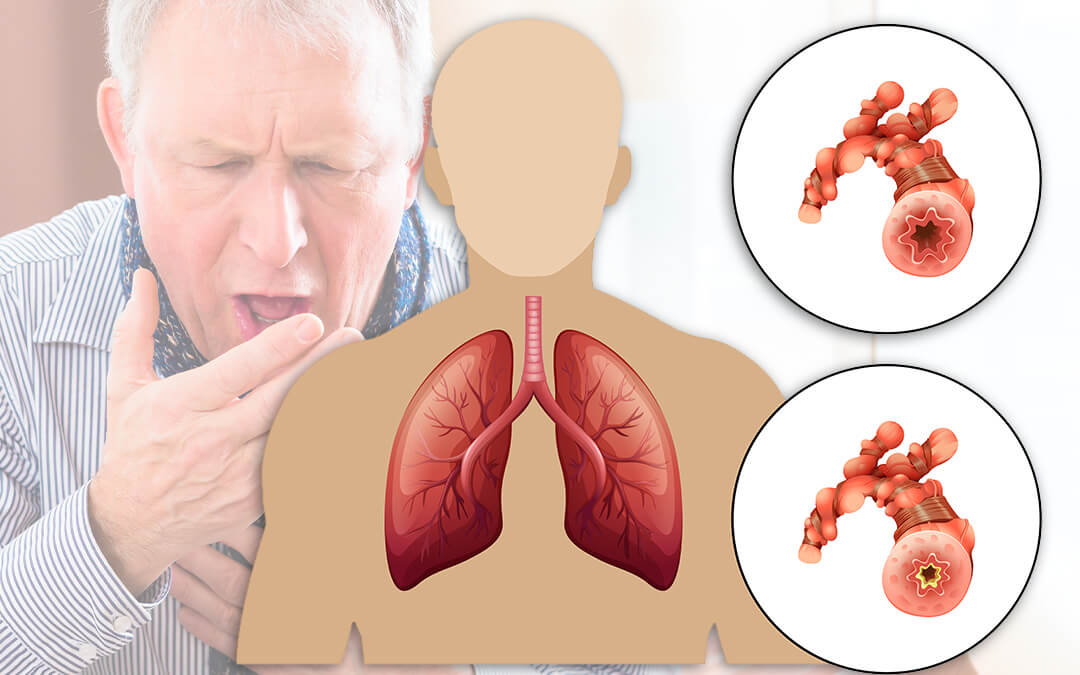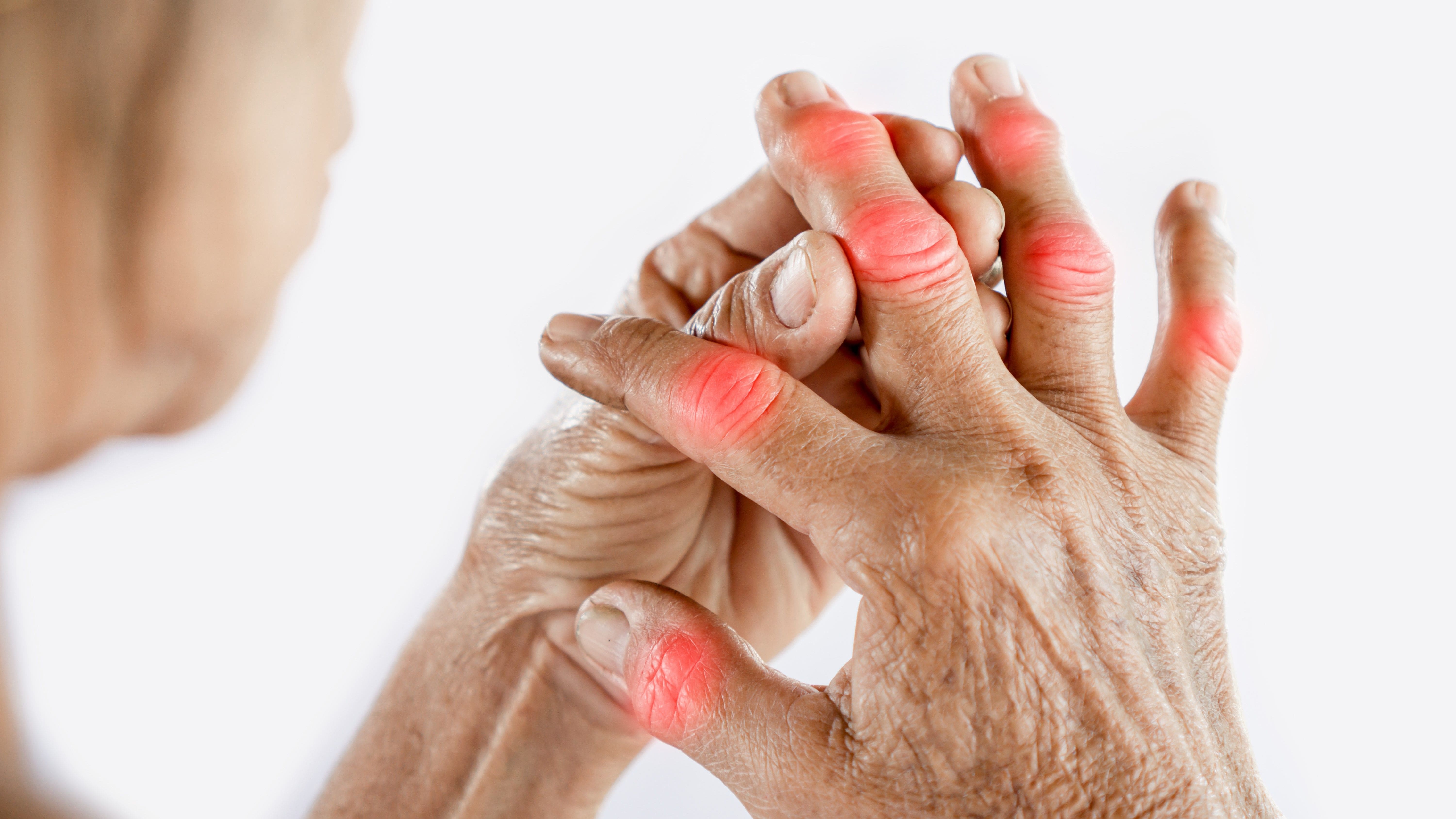
Bodyache: Understanding, Causes, and Relief Strategies
Bodyache, or generalized pain, is a common issue that can result from various factors, including lifestyle habits, infections, or underlying health conditions. Identifying the cause is key to effective management and relief.
Common Types of Bodyache
1. Muscle Soreness
- Cause: Overuse of muscles, intense exercise, or physical strain.
- Symptoms: Stiffness, tenderness, and mild swelling in muscles.
- Relief: Rest, cold compress, and gentle stretching.
2. Joint Pain
- Cause: Conditions like arthritis, injury, or inflammation.
- Symptoms: Swelling, stiffness, and difficulty moving the joint.
- Relief: Anti-inflammatory medications, physical therapy, and proper joint support.
3. Viral or Flu-Related Bodyache
- Cause: Viral infections like the flu or cold.
- Symptoms: Generalized body pain, fatigue, and fever.
- Relief: Stay hydrated, rest, and take over-the-counter pain relievers.
4. Chronic Pain
- Cause: Conditions like fibromyalgia or chronic fatigue syndrome.
- Symptoms: Persistent pain throughout the body, often accompanied by fatigue.
- Relief: Consult a specialist for a tailored treatment plan.
Causes and Risk Factors
- Poor Posture: Sitting or standing incorrectly for long periods.
- Dehydration: Lack of sufficient fluids can cause muscle cramps and aches.
- Stress: Emotional stress can lead to muscle tension and body pain.
- Infections: Viral or bacterial infections often trigger bodyaches.
Prevention Tips
Maintain a Healthy Lifestyle
- Engage in regular physical activity to strengthen muscles and joints.
- Follow a balanced diet rich in vitamins and minerals.
- Stay hydrated to prevent cramps and muscle fatigue.
Adopt Ergonomic Practices
- Use chairs and workspaces that support good posture.
- Take breaks to stretch during long hours of work or travel.
- Invest in proper footwear to reduce strain on joints and muscles.
Treatment and Relief
- Medications: Over-the-counter pain relievers like ibuprofen or acetaminophen.
- Home Remedies: Warm baths, massages, and herbal teas to relax muscles.
- Physical Therapy: Exercises and techniques to reduce pain and improve mobility.
- Professional Help: Consult a doctor if pain persists or worsens.
Complications of Untreated Bodyache
- Chronic Pain: Persistent discomfort can develop into a long-term condition.
- Reduced Mobility: Unmanaged pain can limit daily activities.
- Sleep Issues: Pain can disrupt sleep, leading to fatigue and irritability.
- Emotional Stress: Ongoing pain can cause anxiety or depression.
Role of Healthcare Facilities
- Accurate Diagnosis: Identify underlying causes of pain through tests and evaluations.
- Specialized Care: Treatment plans designed by physiotherapists or pain specialists.
- Rehabilitation Programs: Focused therapies to restore strength and flexibility.
- Emergency Support: Assistance for severe or sudden onset of pain.
Conclusion
Bodyache, while common, should not be ignored if it persists or disrupts daily life. By adopting healthy habits, managing stress, and seeking timely medical advice, individuals can effectively address body pain and enhance their overall well-being. Take steps today to live a pain-free and active life!













